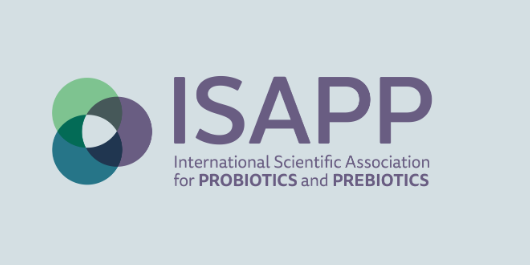Probiotic treatment protects against the pro-depressant-like effect of high-fat diet in Flinders Sensitive Line rats.

Major depressive disorder (MDD) is highly associated with dysmetabolic conditions, such as obesity and diabetes mellitus type 2, and the gut microbiota may interact with both disease entities.
We have previously shown that a high-fat diet (HFD) exacerbated depressive-like behaviour uniquely in Flinders Sensitive Line (FSL) rats that inherently present with an increased level of depressive-like behaviour compared with Flinders Resistant Line (FRL) rats. We therefore investigated whether multispecies probiotics possessed anti-depressant-like effect in FSL rats or protected against the pro-depressant-like effect of HFD. We also examined blood and cerebral T cell subsets as well as plasma cytokines. Lastly, we investigated the effect of HFD in outbred Sprague-Dawley (SD) rats to substantiate the association between depressive-like behaviour and any immunological measures affected by HFD. HFD exacerbated the depressive-like behaviour in FSL rats in the forced swim test, whereas SD rats remained unaffected. Probiotic treatment completely precluded the pro-depressant-like effect of HFD, but it did not affect FSL rats on control diet. Cerebral T lymphocyte CD4/8 ratios closely mirrored the behavioural changes, whereas the proportions of Treg and Th17 subsets were unaltered. No association between blood and brain CD4/8 ratios were evident; nor did plasma cytokine levels change as a consequence of HFD of probiotic treatment. Our findings suggest that MDD may hold a dysmetabolic component that responds to probiotic treatment. This finding has wide implications owing to the high metabolic comorbidity in MDD. Furthermore, the close association between depressive-like behaviour and cerebral T cell populations demonstrate lymphocyte-brain interactions as a promising future research area in the field of psychoneuroimmunology.






